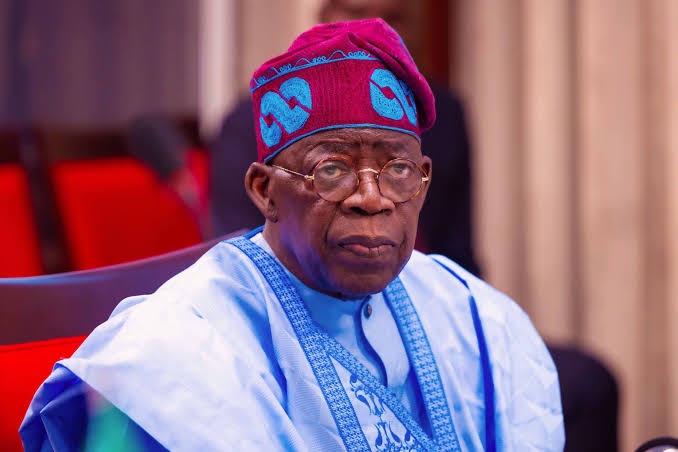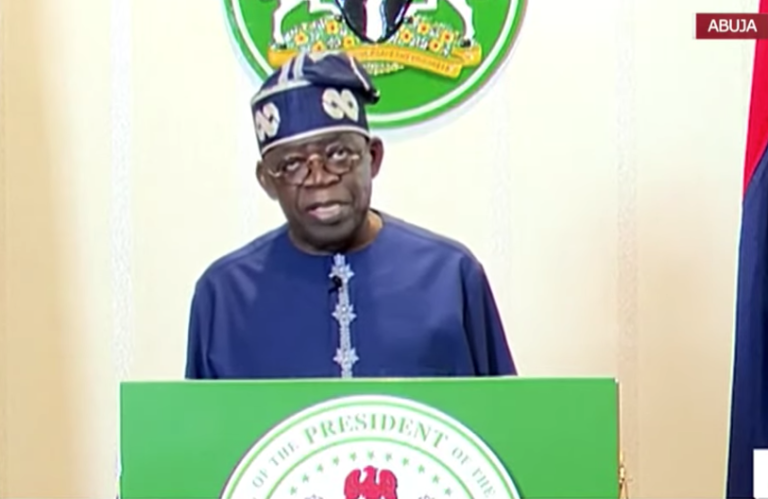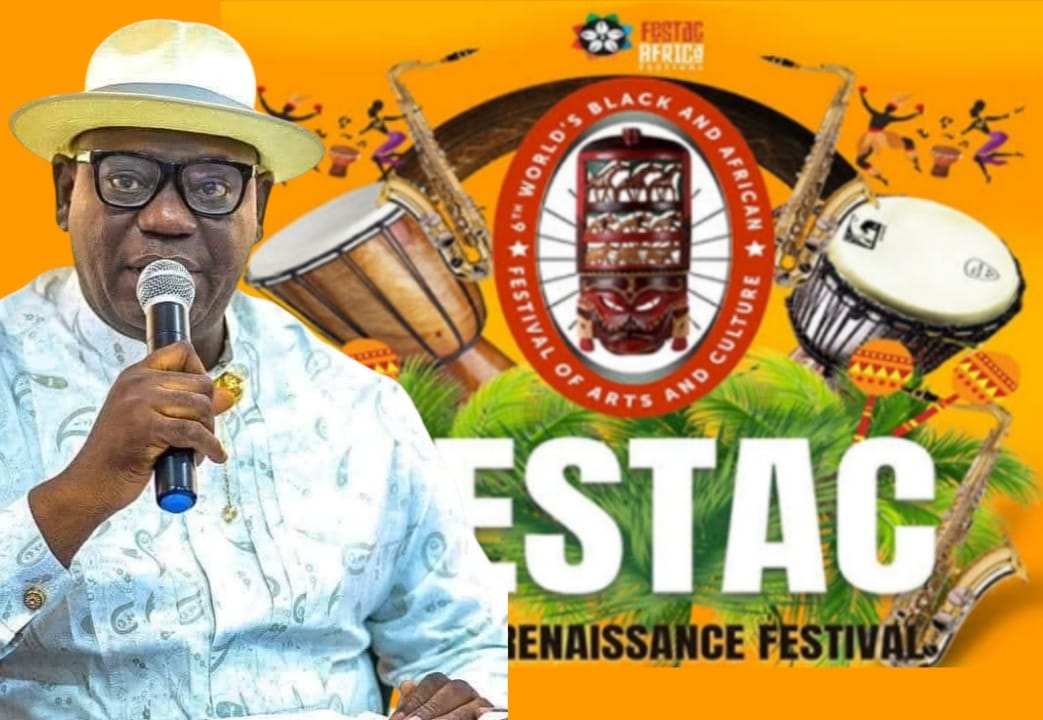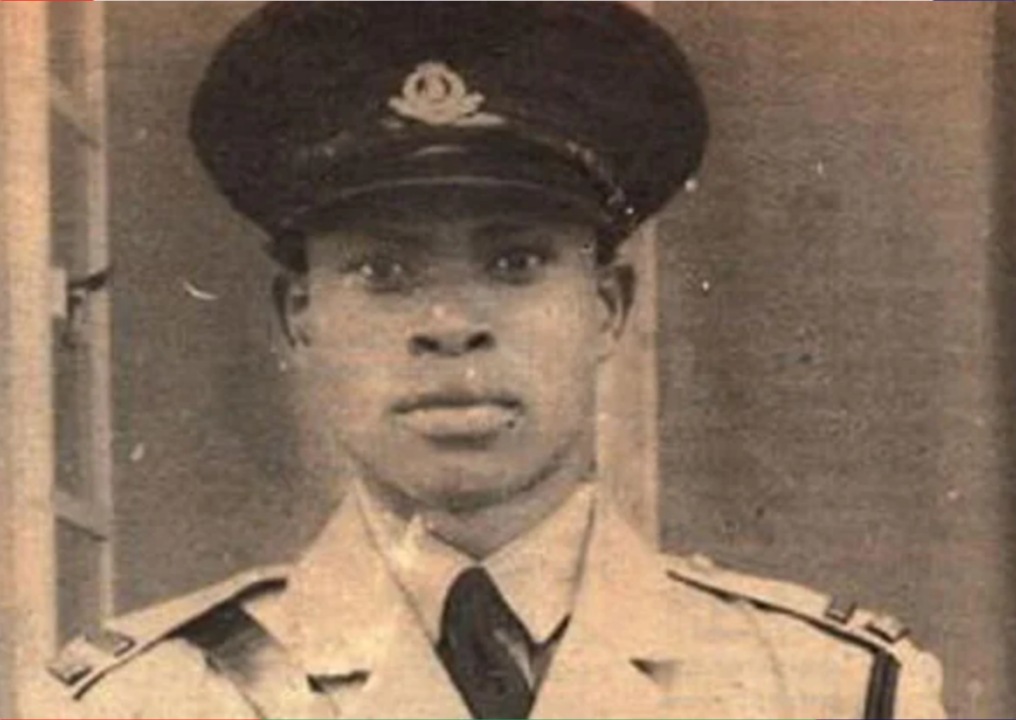2024 DEMOCRACY DAY ANNIVERSARY PUBLIC LECTURE: Together, We Can Forge A New Nigeria By Former President Goodluck Jonathan
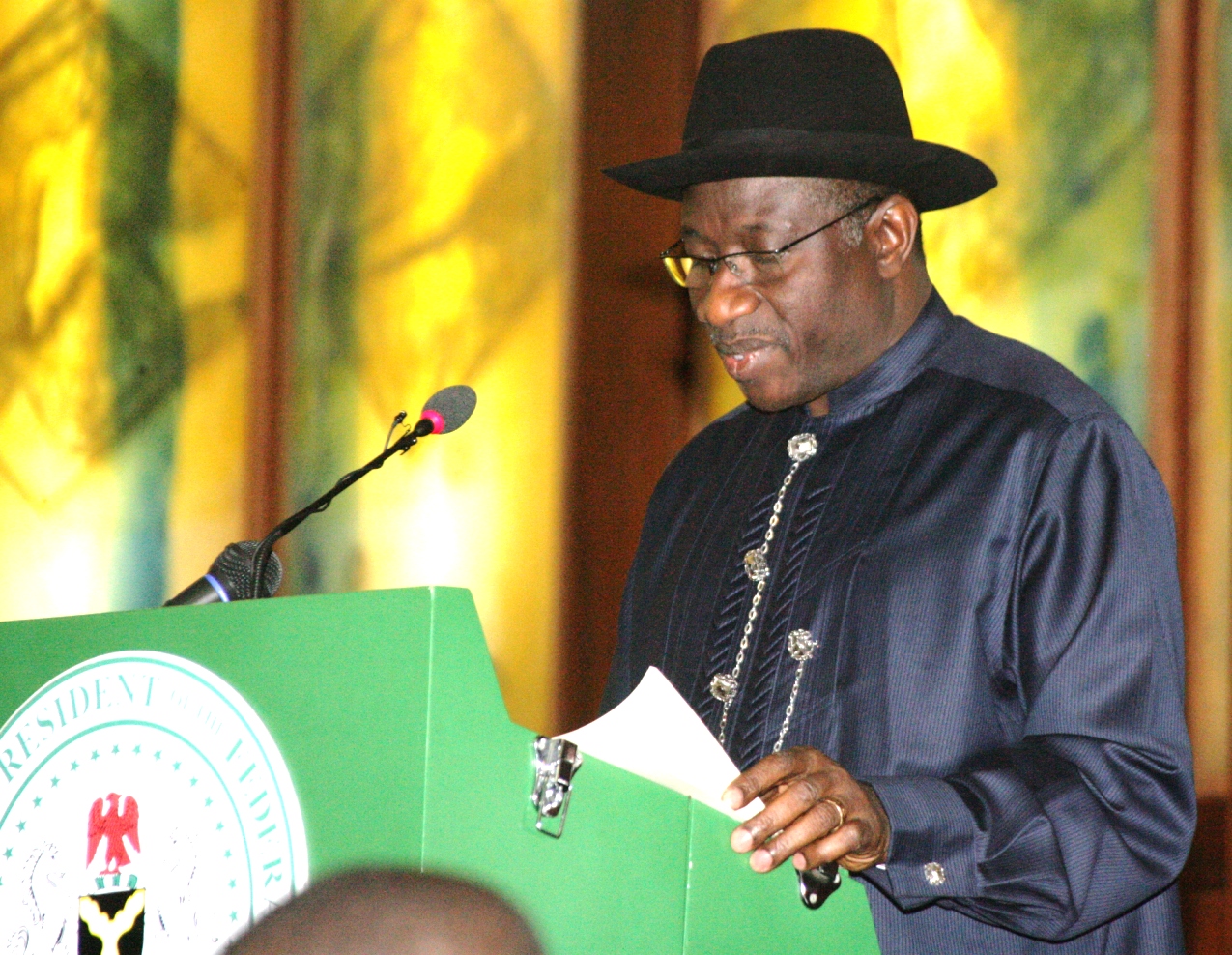
The following is the remarks delivered by His Excellency, Dr. Goodluck Ebele Jonathan, President, Federal Republic of Nigeria (2010-2015), at the 2024 Democracy Day Anniversary Public Lecture, Theme: “25 Years of Enduring Democracy: The Prospect for the Future” that held in the Federal Capital Territory, Abuja, on Monday, June 10, 2024. Excerpts:
Protocol
I am pleased to join you all at this very significant event. I thank the Federal Government for inviting me to chair the 2024 Democracy Day Anniversary Public Lecture, a momentous occasion to mark our nation’s 25 years of uninterrupted democracy.
Twenty-five years ago on May 29, 1999, the Fourth Republic was birthed, and our nation embarked on a historic journey that would forever shape our country's future.
Against all odds, we emerged from the shadows of military rule and ushered in a new era of democratic governance. This achievement is a testament to the resilience, courage and unwavering determination of the Nigerian people.
At this point, let me commend General Abdulsalami Abubakar who stood against all temptations and pressure to prolong military rule in Nigeria.
Today we look back with a sense of gratitude to God and appreciation to many of the heroes of our nation, who through selfless service and courage worked towards the democracy that we enjoy today.
When we mention June 12, we remember Chief MKO Abiola for his contributions to the consolidation of our democracy. We also remember the famous letter signed by eighteen northern elders and delivered by Chief Solomon Lar, Alhaji Abubakar Rimi, Mallam Adamu Ciroma, Ahmed Joda and Chief Sunday Awoniyi to Gen. Sani Abacha demanding the return of Nigeria to democratic rule.
The signatories to the letter were: Chief Solomon Lar, Alhaji Adamu Ciroma, Alhaji Lawal Kaita, Alhaji Abubakar Rimi, Dr. Iyorchia Ayu, Prof. Ango Abdulahi, Dr. Suleiman Kumo, Mallam Lawan Dambazzau, Alhaji Iro Abubakar Dan-Musa, Alhaji Sule Lamido, Prof. Jerry Gana, Col. Abubakar Umar (Rtd), Hon. Isaac Shaahu, Dr. Usman Bugaje, Alhaji Mohammed Arzika, Dr. Steve Achema, Dr. Farouk Abdulaziz, Prof. Musa Yakubu.
Considering our political history as a country, 25 years of unbroken democracy is a milestone worthy of celebration. As it shows, we are making some progress in democratic governance despite the challenges we face in our journey of nationhood.
Notably, the path towards democratic consolidation has been a difficult one. The First, Second and Third Republics of our democratic experiment were abruptly ended by the military, amid political crises and social tensions.
After the G18 letter, on May 8th 1998, members of the G-34 in a letter signed by Dr. Alex Ekwueme, the former Vice President, had also urged Gen. Abacha to reject his adoption as presidential candidate and quit power.
The return of democracy in 1999, after many years of military reign, signaled a new phase in our national journey and our shared vision of unity, peace and progress.
In the last twenty-five years, we have made modest progress in this regard amid some challenges. As a nation, we built an economy that was once the biggest in the African continent, experienced significant infrastructural growth, made strides in the arts and sports, and recorded many peaceful political transitions at the national and sub-national levels.
Democracy has also brought about improved access to governance, amplified silent voices and reinforced the idea of sovereignty.
Whenever I tune in to Nigerian TV stations, especially in the morning and see young men and women discussing and interrogating contemporary political issues and holding leaders to account, I thank God for democracy and appreciate the gains we have made over the years.
Today, citizens have come to terms with the idea of representative governance, as they have over the years expressed their power to choose their leaders and demand accountable leadership and good governance.
Our civic space has largely flourished, with a vibrant civil society community, increased media freedoms and an active press.
Our journey to democratic consolidation has not been an easy one. It has been a mixed bag of gains and losses, progress and pain, within these 25 years. We have continued to deal with the issues of insecurity, social inequality, unemployment as well as electoral disputes and violence.
Despite the challenges associated with democracy, the general feeling is that citizens prefer democracy to any other form of government.
As a nation, our resolve has been challenged many times, but through shared faith and unity, we have continued to march on.
We must underscore the fact that democracy is a journey and not a destination. Our democracy, though still young, has weathered storms, overcome challenges and proven its endurance. It has become a beacon of hope, not just for our nation, but for the entire African continent.
In these 25 years through four power transitions from one president to another including the death of a seating president, we have seen the gradual strengthening of our democratic institutions, the expansion of civil liberties, and the active participation of our citizenry in the political process. This progress, while commendable, also reminds us that our work is far from done.
It is, therefore, time to make this journey seamless, through good citizenship, patriotic service as well as sacrificial and exemplary stewardship.
We must continue to build upon the foundations laid, deepen our democratic roots, and ensure that the dividends of democracy are felt by all Nigerians, regardless of their social, economic or geographic status.
For democracy to yield its desired dividends, the political class and elite must lead by example and work with unity of purpose to guarantee peace and social justice to the citizens.
We must work together despite our political differences, accommodate our diversity and prioritise policies that will impact the lives of our citizens.
As we project towards celebrating the golden jubilee of our uninterrupted democracy, it is imperative to state that we need to work assiduously towards further strengthening state institutions so that they can withstand the shocks that threaten democratic governance.
Democracy as a form of government is anchored on sets of promises in line with a nation’s development and growth aspirations. The fulfilment of these promises reinforces the citizens’ trust and faith in the government.
As we celebrate 25 years of unbroken democracy. We look to the future with the hope that democracy has come to stay and that democracy will continue to take firm roots in our nation, and we will have cause to celebrate a centenary of uninterrupted democratic governance.
To attain such a feat, the political actors and everyone at the helm of affairs in this country must listen to the voices of the citizens. The lifestyle of the political class should reflect the current realities in our land.
As I round off, let me say that we need to come up with a model of democratic practice that will be more inclusive and reinforce social cohesion. The zero-sum kind of politics where a winner takes it all has not helped to foster unity and political justice.
A political party that scores up to 30 per cent of the votes in an election at federal or states should not lose everything. We need to come up with innovative solutions that will address the challenge of political exclusion that usually comes up after elections.
Zero-sum politics has over the years promoted desperation, agitations and disunity. We need to work out a model that guarantees political inclusion and promotes unity and tolerance in the polity.
Let me conclude by saying that together, we can forge a Nigeria where every citizen has a voice, where opportunities abound, and where the promise of a better tomorrow is not just a dream, but a tangible reality.
Let us therefore celebrate this milestone with pride and renewed determination. Let us ensure that the next 25 years of our democracy are even more transformative, more inclusive, and more prosperous for all.
In line with the wordings of our National Anthem, “To handover to our children a banner without stain”, we must not handover to our children a democracy built on politics of region and religion. Democracy built on ethnicity does not endure. It will continue to wobble.
I believe this programme, and others commemorating this landmark will point the way to that glorious future and prepare the nation for a Golden and Centenary celebrations of enduring democracy.
I thank you all.
END
SOURCE: NTA News @NTANewsNow | ImageCredit: PremiumTimes
#penglobalspeech #DemocracyDay2024
